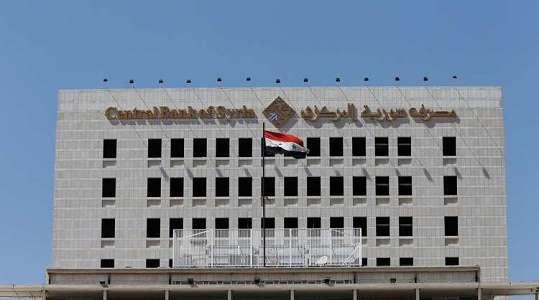The Central Bank of Syria raised the official exchange rate of the pound against the dollar to 2512 pounds, bringing it closer to the black market rate. While the official rate adopted since June was fixed at 1256 pounds to the dollar. Thus, the official exchange rate of the Syrian pound has deteriorated by more than 98 percent since the start of the conflict in 2011, when the exchange rate was equivalent to 47 pounds to the dollar.
The Syrian pound recorded a record deterioration in the black market, as the exchange rate exceeded 3000 pounds to the dollar.
The authorities have recently taken a series of measures to limit the deterioration of the pound, including stopping the import of goods considered luxuries and pursuing illegal money changers. Amid the crisis, Syrian President Bashar al-Assad sacked the governor of the Central Bank, without naming a successor or specifying the reasons for his dismissal.
The increase in the exchange rate comes in order to attract foreign remittances that account for the black market and support the lira, which has fallen to record low levels in recent weeks.
The latest steps taken by the Syrian Central Bank included tighter restrictions on withdrawing money from banks and internal transfers, and restricting the movement of funds in the country to stop the hoarding of dollars. The sudden dismissal of the governor of the Central Bank, Hazem Karfoul, is partly due to the complaints of banks and businessmen over the central bank’s steps that stifled liquidity at banks and pushed depositors to hoard money in their homes.
The central bank, which has abandoned most efforts to support the pound, has cut back on subsidizing imports of unnecessary goods in the last two months to maintain the remainder of the hard currency. Syria's economy, which has collapsed due to the war, is witnessing an increase in dollarization as people try to protect themselves from the repercussions of a devaluation and rising inflation.
Source (Al Khaleej Emirati Newspaper, Edited)

